In today’s digital world, businesses must adapt to the grow needs and preferences of their customers. Omnichannel is a marketing strategy that has gained a great deal of drag. But what exactly is omnichannel, and how can it transform your business? This complete guide will answer these questions and more, providing you with a clear understanding of omnichannel strategies and their benefits.
What Is Omnichannel?
Omnichannel refers to a seamless, integrated approach to customer interactions across multiple channels. A multi-channel strategy ensures that each channel operates independently, whereas an omnichannel strategy ensures that all channels – online and offline-operate in harmony with each other. This creates a unified experience for the customer, making it easier for them to engage with your brand.
In essence, omnichannel is about creating a cohesive customer journey. For example, a customer might start their shopping experience on a mobile app, continue it on a website, and complete the purchase in-store. With omnichannel, all these touchpoints are interconnected, providing a smooth transition and consistent messaging throughout.
How Do Omnichannel Solutions Work?
Omnichannel solutions are designed to integrate various communication channels, ensuring a unified customer experience. These solutions typically involve advanced technology platforms that enable businesses to manage customer interactions across different channels from a single interface.
Key components of omnichannel solutions include:
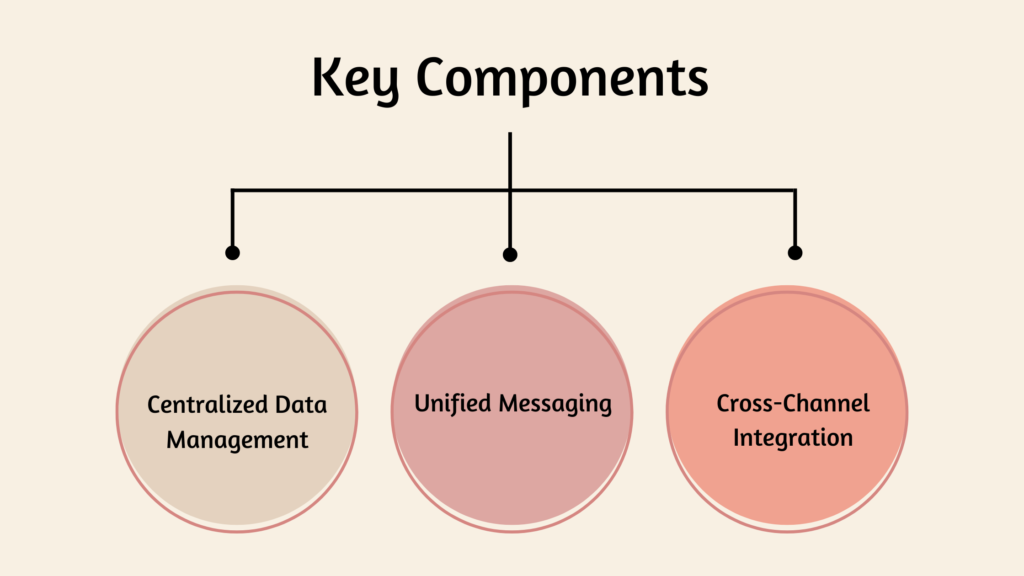
- Centralized Data Management: All customer data is collected and stored in one place, making it easier to track interactions and preferences.
- Unified Messaging: Consistent messaging is maintained across all channels, reinforcing the brand’s voice and values.
- Cross-Channel Integration: Channels such as email, social media, mobile apps, and in-store systems are connected, allowing for seamless transitions between them.
What Are the Benefits of Omnichannel Marketing?
Omnichannel marketing focuses on creating a consistent and personalized experience for customers across various channels. Here’s how it benefits businesses:
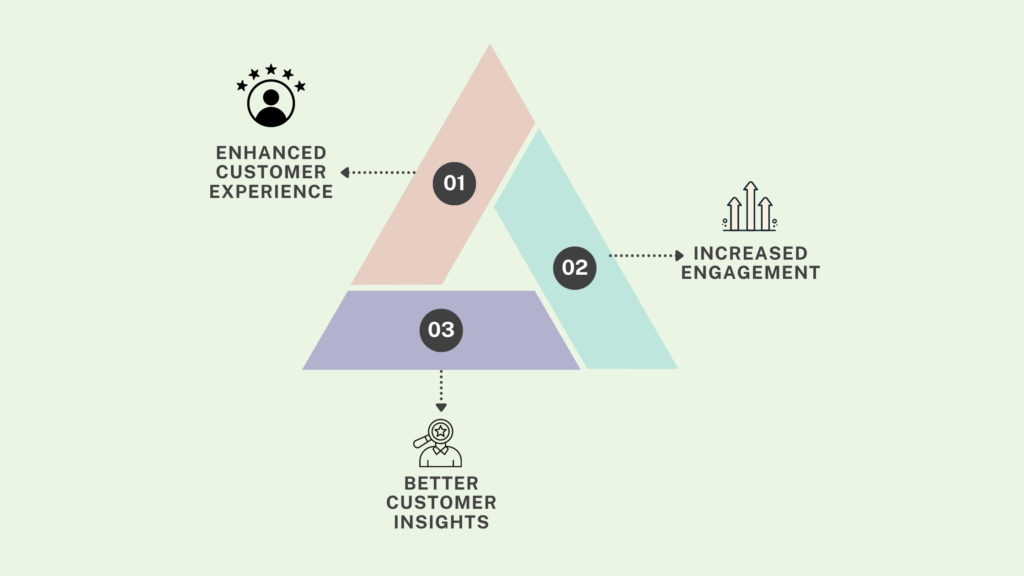
- Enhanced Customer Experience: By offering a seamless journey, customers enjoy a more intuitive and enjoyable interaction with the brand.
- Increased Engagement: Consistent messaging and personalized content keep customers engaged and encourage them to interact with the brand more frequently.
- Better Customer Insights: Centralized data collection provides valuable insights into customer behavior and preferences, allowing for more effective targeting and personalization.
How Does Omnichannel Strategy Differ from Multi-Channel Strategy?
While both omnichannel and multi-channel strategies involve using multiple channels to reach customers, there are key differences between them:
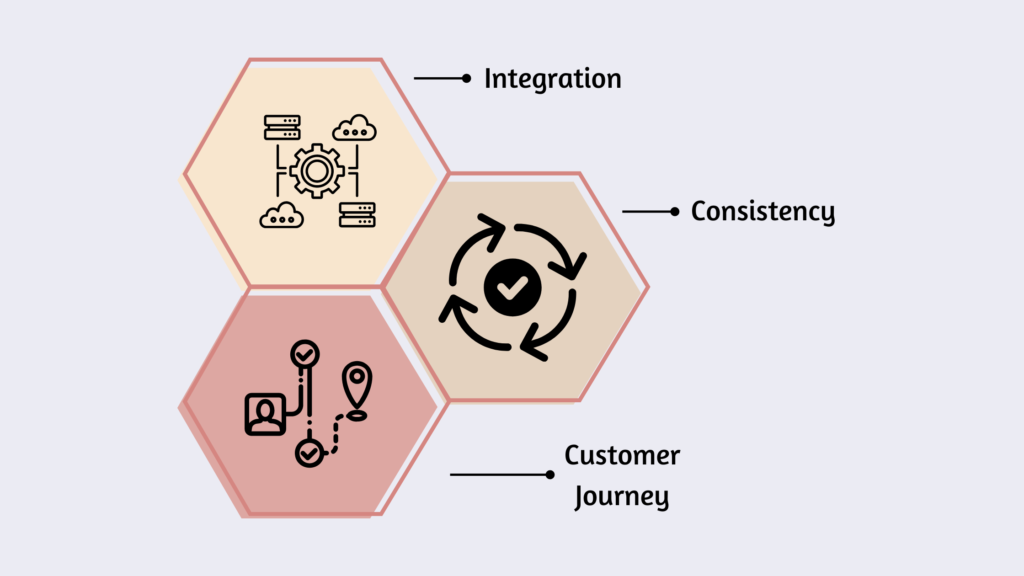
- Integration: Omnichannel strategies integrate all channels to provide a seamless experience, whereas multi-channel strategies operate each channel independently.
- Consistency: Omnichannel ensures consistent messaging and branding across all touchpoints, while multi-channel may result in fragmented customer experiences.
- Customer Journey: Omnichannel focuses on creating a cohesive journey across channels, whereas multi-channel may not account for the transitions between different touchpoints.
What Is an Omnichannel Platform?
An omnichannel platform is a technology solution that enables businesses to manage and integrate multiple customer touchpoints from a single system. Platforms such as this typically offer the following features:
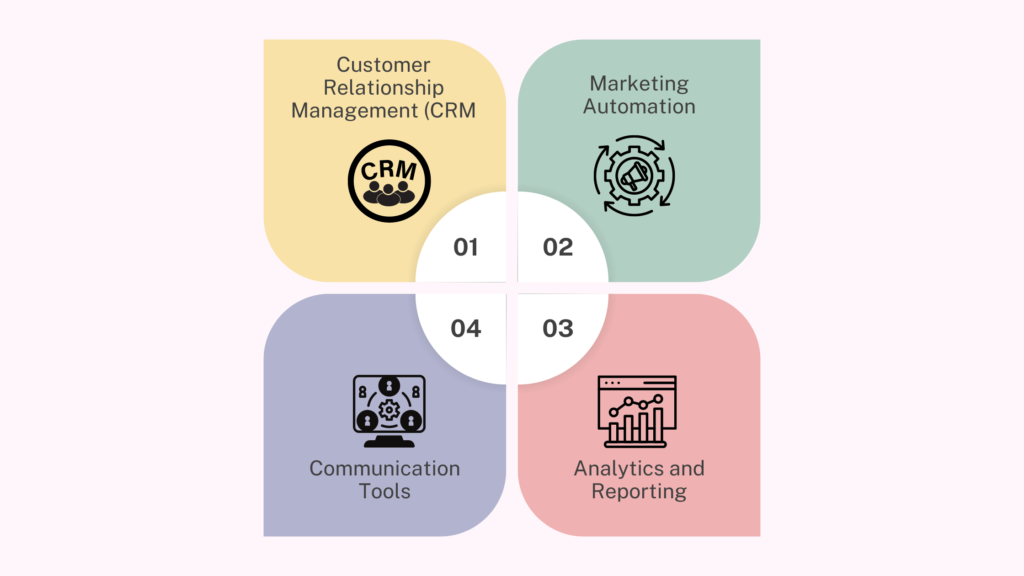
- Customer Relationship Management (CRM): Helps track customer interactions and preferences.
- Marketing Automation: Facilitates targeted and personalized marketing campaigns.
- Analytics and Reporting: Provides insights into customer behavior and campaign performance.
- Communication Tools: Supports various channels, including email, chat, social media, and SMS.
Can You Provide Some Omnichannel Marketing Examples?
Certainly! Here are a few examples of effective omnichannel marketing:
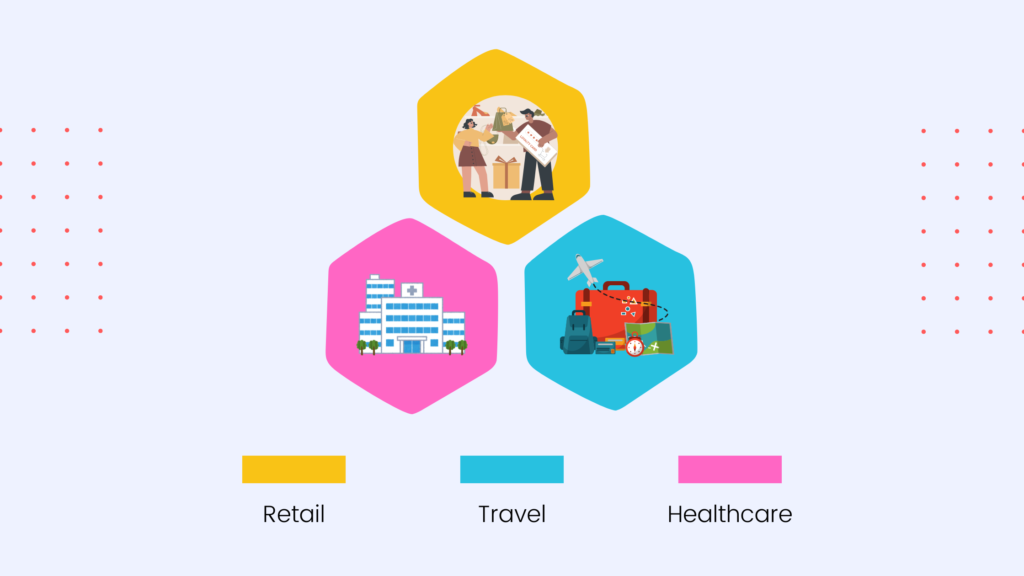
- Retail: A customer browses products online, receives a personalized email with recommendations based on their browsing history, and then visits the store where a sales associate is aware of their preferences and offers tailored assistance.
- Travel: A traveler books a flight through a mobile app, receives updates via email, and can check in at the airport using a self-service kiosk, all while having their preferences and travel history readily accessible.
- Healthcare: A patient schedules an appointment online, receives reminders via SMS, and has access to their medical records through a patient portal, ensuring a seamless experience across different touchpoints.
How Can I Develop an Omnichannel Marketing Strategy?
The following steps are essential to developing an effective omnichannel marketing strategy:
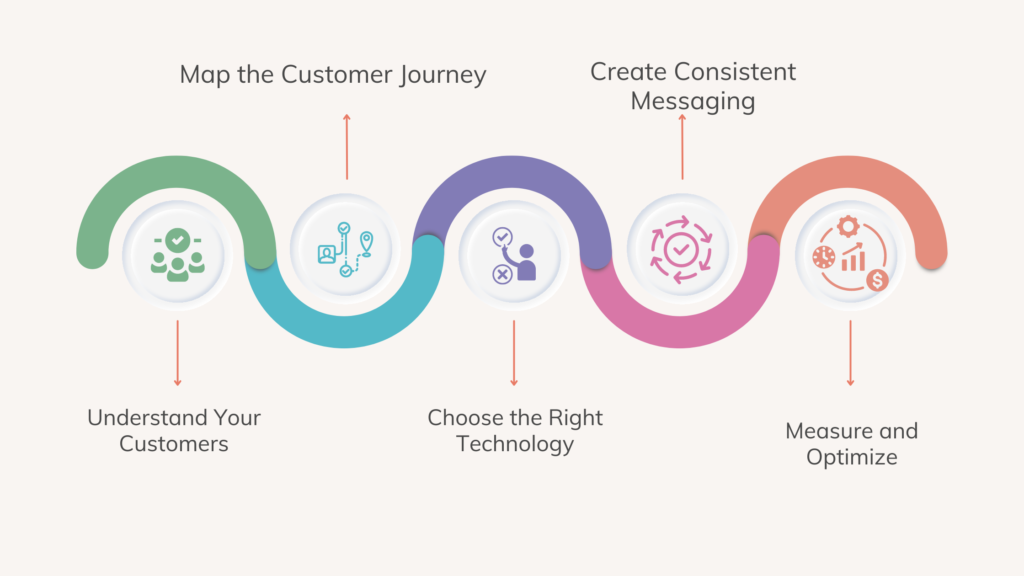
- Understand Your Customers: Gather data on customer behavior, preferences, and pain points to create a customer-centric strategy.
- Map the Customer Journey: Identify all touchpoints where customers interact with your brand and ensure they are connected and integrated.
- Choose the Right Technology: Invest in an omnichannel platform that supports your business needs and integrates with existing systems.
- Create Consistent Messaging: Ensure that your brand’s voice and messaging are consistent across all channels.
- Measure and Optimize: Continuously track performance and gather feedback to refine and improve your omnichannel strategy.
What Is Omnichannel Customer Experience?
Omnichannel customer experience refers to the overall experience a customer has when interacting with a brand across various channels. This experience should be:

- Seamless: Customers should be able to switch between channels without any disruptions.
- Consistent: The brand’s messaging, tone, and service quality should remain uniform across all touchpoints.
- Personalized: Interactions should be tailored to the individual’s preferences and past behavior.
By focusing on these aspects, businesses can create a positive and memorable customer experience that drives loyalty and satisfaction.
Frequently Asked Questions (FAQs)
Businesses often face challenges such as integrating disparate systems, maintaining consistent messaging across all channels, and ensuring data privacy and security. Additionally, aligning teams and processes to support a unified customer experience can be difficult.
Omnichannel marketing can significantly enhance customer loyalty by providing a seamless and personalized experience. When customers receive consistent messaging and tailored interactions across multiple channels, they are more likely to feel valued and remain loyal to the brand.
Data is crucial in an omnichannel strategy as it helps businesses understand customer behaviors, preferences, and interactions across various channels. Centralized data allows for better segmentation, targeting, and personalization, which enhances the overall customer experience.
Yes, small businesses can benefit from an omnichannel approach by improving customer experience and engagement. Even with limited resources, small businesses can use affordable tools and platforms to integrate their channels and offer a more cohesive experience to their customers.
Key technologies for a successful omnichannel strategy include Customer Relationship Management (CRM) systems, marketing automation tools, analytics platforms, and communication tools that support various channels like email, social media, and chat. These technologies help manage and integrate customer interactions effectively.
Conclusion
Adopting an omnichannel strategy is essential for businesses aiming to stay competitive and meet customer expectations in today’s digital age. By integrating multiple channels into a seamless experience, businesses can enhance customer satisfaction, drive engagement, and gain valuable insights. Despite the challenges, the benefits of consistent messaging and a unified customer journey make omnichannel strategies a worthwhile investment. Embracing this approach will help your business deliver exceptional experiences and foster long-term success.

